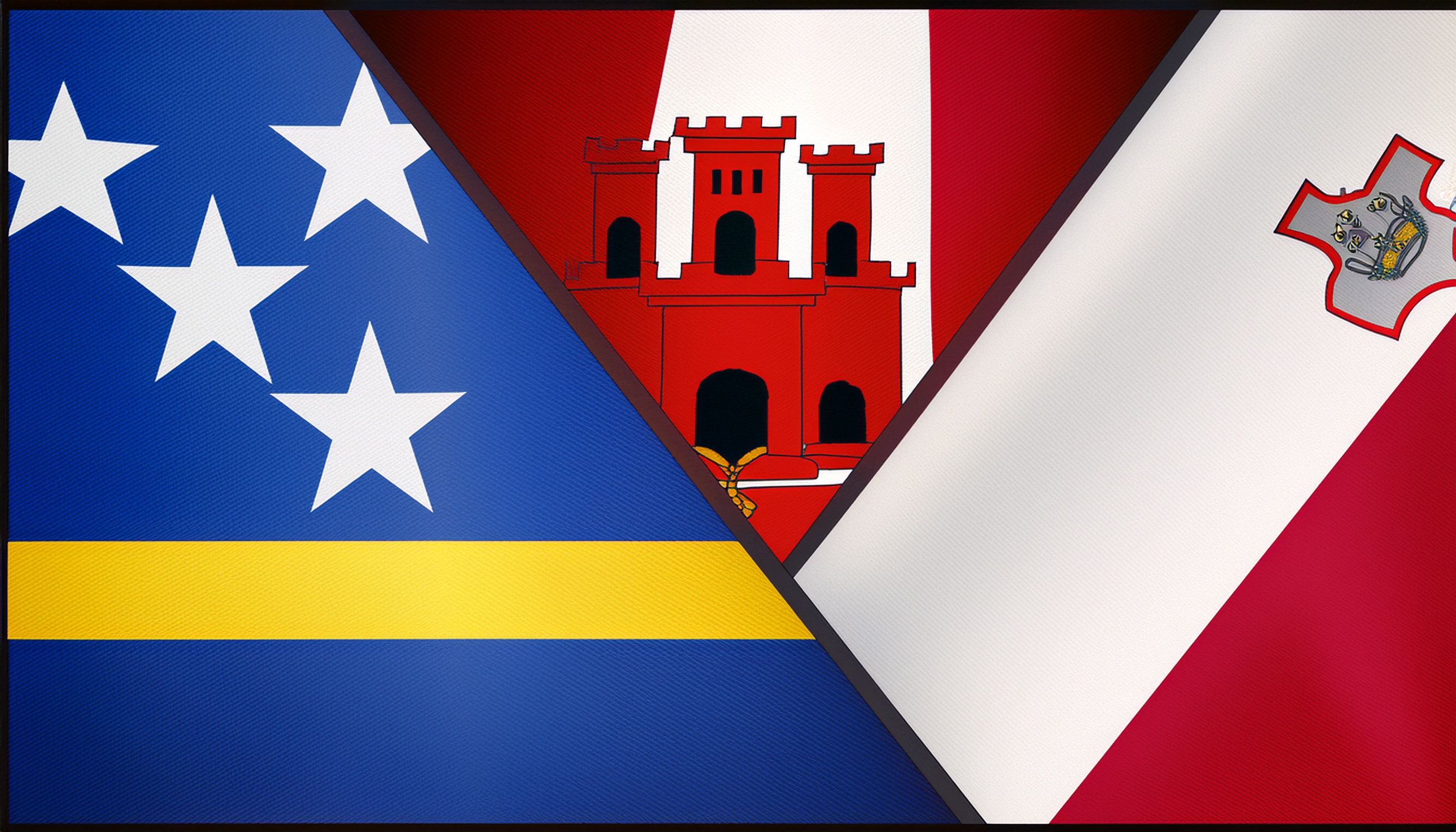Guide companies with top software like at Rosloto https://www.rosloto.net/en/providers help start an online casino and leverage the rising demand with high profitability of the sector.
Gambling Sphere Development
As the online casino landscape continues to progress, the integration of community-driven verticals becomes not just an advantage but a necessity. It is no longer simply about spinning reels or blackjack tables. An ecosystem where users can move fluidly between formats, from Texas Hold’em to video slots, without much delay, is a perfect interactive environment.
The appeal of the iGaming niche is especially strong among poker communities. Seasoned punters often transition to casino formats between tournaments. This trend becomes evident with many poker-related discussions that involve slots, live dealer games, and hybrid formats. Potentially, it can lead to higher retention rates and cross-game engagement.
Another factor that fuels the sphere’s momentum is technology. The rise of crypto payments, live-streamed tables, and AI-driven recommendations helped elevate online gambling into an immersive, personal experience. For new entrepreneurs, the timing to set up a new project could not be better.
Online Casino Budget Breakdown
A gambling site may not require a physical venue, but it does demand solid financial planning. The initial input can vary widely and depend on the scale, region, and type of platform.
The licensing process is the first and most essential step. It legitimises the business and determines access to different markets.
Here are the licensing fees in popular regions:
- Curacao. This is often the most affordable and flexible option for startups. The licence will cost around $20,000–$25,000 annually.
- Malta. The local commission is globally respected but also more expensive. Costs start from $45,000–$55,000 per year.
- The United Kingdom. The jurisdiction is highly regulated and heavily trusted. The cost depends on projected revenue, but startups should prepare at least $50,000–$100,000 to cover all requirements.
- The Isle of Man. The destination is known for its robust oversight. Licensing fees here range from $40,000–$55,000, with an additional $6,000 application.
- Gibraltar. The country is still favoured by some operators, though it is slightly more expensive. Initial costs may exceed $120,000.

The licensed brand requires a strong foundation for operation. A well-developed gambling site must have a minimalistic design and an all-rounded functionality. Resilient hosting will be necessary to keep the platform live even with thousands of requests per second.
A key pillar of any casino launch is the integration of reliable and versatile software. Niche leaders like Playtech, Pragmatic Play, Evolution, and Microgaming offer a broad range of slots, live dealer tables, crash games, and card activities. It is vital to include titles that resonate with the targeted audience, such as video poker, blackjack, and high-RTP slots. The cost quickly reaches $150,000 for a versatile portfolio.
Beyond the game catalogue, a platform must include administrative dashboards, risk management tools, bonus systems, and player segmentation features. On top of that, modules for KYC/AML compliance must also be included. Such a software framework will cost an extra $10,000.
An operator also needs to account for payment gateways and security infrastructure. Depending on the brands involved, partnerships with financial and safety content providers may start from $5,000 on average.
Lastly, marketing will cost a minimum of $10,000–$20,000 to build initial brand awareness. Affiliate deals and influencer support are typical among gambling platforms. On top of that, proper budgeting in SMM and SEO approaches is what separates strong brand positions from short-lived attempts.
Business Plan: Strategy for Long-Term Success
A well-crafted operational model works like a blueprint for sustained success in the competitive iGaming space. Detailed market research is the step to begin with. An analysis of competitors, inclinations of a target audience, and the popularity of various game formats should be prioritised. Platforms that offer Texas Hold’em tables alongside progressive slots or roulette often show better retention, as users can alternate between high-skill and high-chance formats.
The next critical part is the definition of a unique value proposition. A casino may prioritise high-rollers or can be built for casual mobile users. It may offer niche poker tournaments with integrated casino incentives. Each choice determines the brand’s position in the market. A clear comprehension of this proposition will guide content integration, payment solutions, marketing strategy, and customer service tone.
When it comes to revenue generation, gambling sites have multiple monetisation models. Profit does not come from game volume alone but from long-term engagement and strategic financial flows.
Common income structures:
- house edge (the built-in advantage from games);
- rake and tournament fees (relevant for poker rooms and tabletops);
- affiliate conversions (revenue from traffic brought in by partners);
- in-game purchases or bonus buys (for users to boost their chances);
- VIP programs (tiered systems for high-value players).
Additionally, a business plan should include a 12-month cost breakdown, licensing and tax implications, projected ROI, and player acquisition strategy. A detailed plan provides clarity for operators and potential investors, which reduces guesswork and improves the decision-making process.

Regulation and Expansion
Legal compliance is not optional in the iGaming world. It is the foundation of sustainable operation. Regulators demand strict adherence to responsible interaction, anti-money laundering, and data protection. Jurisdictions like Malta and the United Kingdom are considered gold standards with broad international reach but also rigorous reporting and operational norms. If startups seek faster entry, Curacao and Gibraltar licences provide more leniency, though they may come with limited banking partnerships and advertising limitations.
According to a Statista report, Europe continues to dominate the scene. This region accounts for over 41% of market share, followed by Asia-Pacific and North America. Poker casinos are enjoying a resurgence due to the rise in hybrid formats. This growth suggests a favourable climate for operators who are ready to comply with regulations and embrace diversification.
Once the platform is legally sound, the next frontier is expansion. For the sake of the ongoing growth, it is crucial to explore additional verticals, such as sports betting, live games, or crypto integration. For instance, Bitcoin-friendly casinos saw a 20% increase in transaction volume in Q4 of 2023, which makes them an essential modern payment method.
With market demand on the rise and tools more accessible than ever, the current climate offers a timely opportunity for strategic, fully compliant operators. While independent project development may be complex, the market is full of proficient guide companies ready to assist with each component or an entire project on a turnkey or White Label basis.
This article was prepared by the acclaimed Rosloto expert Clara Hazel.




